The Pad Project
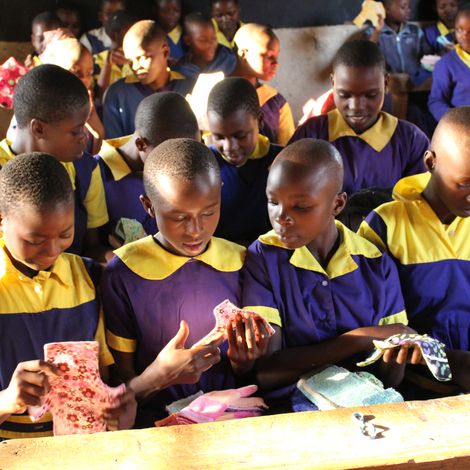
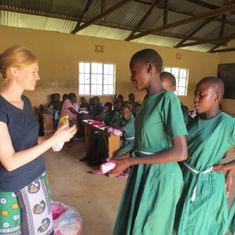
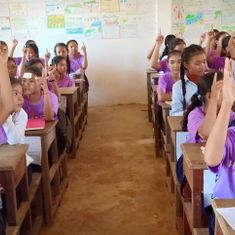
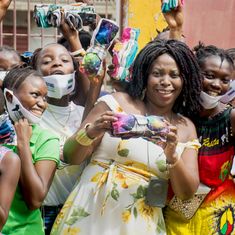
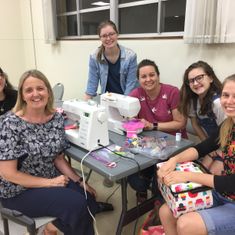
The Pad Project is dedicated to the making and distribution of reusable, sustainable maxi pads and underwear to young women and girls in developing countries. Serving over 4,000 individuals annually across 28 countries, the Pad Project focuses on supplying resources to women in need, who are oftentimes widows and orphans experiencing transient housing as well as food insecurity. In addition to their substandard or nonexistent housing, these young women and girls have little to no access to necessary feminine hygiene supplies, whether due to the steep cost of monthly products or simply resource unavailability. This forces many girls to utilize unsanitary items for menstrual hygiene efforts or even to sell their bodies to get pads. However, these actions represent only temporary – and potentially harmful – solutions as they are associated with various health issues, including teen pregnancy, HIV/AIDS, and feelings of helplessness and shame. To address this issue, the Pad Project works with dozens of volunteer groups and individuals who sew the reusable pads, which are then distributed in collaboration with groups traveling abroad to women living in impoverished areas with limited access to feminine hygiene materials. As seen in the attached pictures, maxi pads from the Pad Project have been received by girls around the world, including Kenya, Cambodia, and Sierra Leone. When the supplies are distributed, the young women are educated about sexual and reproductive health while also being provided with social support. The supplies provided by the Pad Project are essential as many girls in developing countries need sustainable feminine hygiene materials to remain in school, allowing them to have more educational and employment opportunities in the future. The Pad Project specifically selected maxi pads as its target resource because they believe that young women and girls deserve to pursue the futures they want, unhindered by concerns related to feminine hygiene.